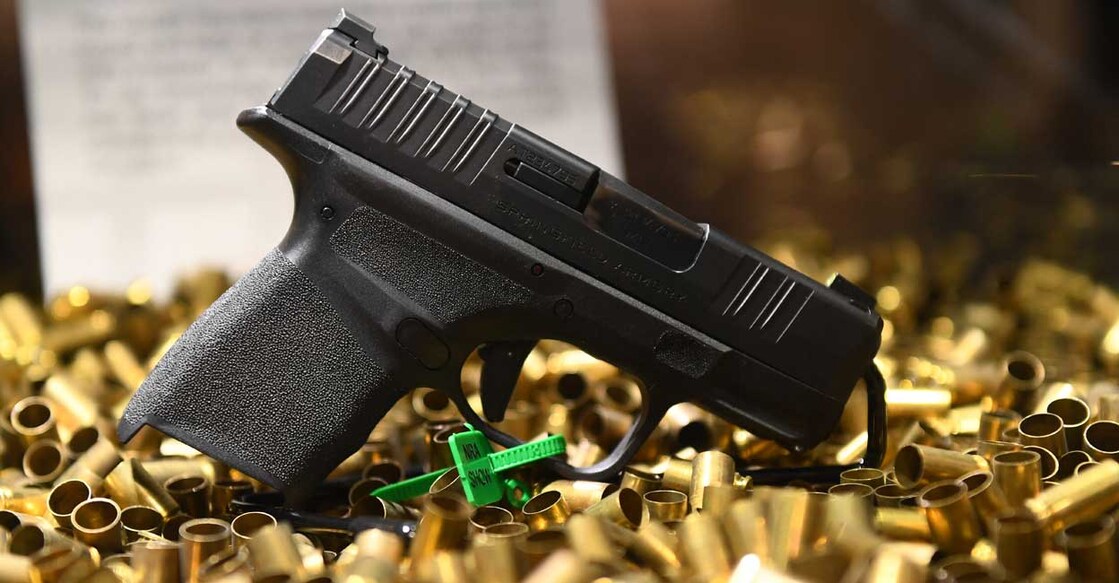Kerala Police to impart arms training to private individuals

Mail This Article
Private individuals in Kerala can keep guns for self-defence, provided they secure a licence. Question is, how many of these licence holders know how to store and care for these firearms, leave alone holding them in the hands and actually firing them. Not many, is what the Police Department has found out.
To make amends for this ignorance, the Police Department has decided to provide a 13-day arms training to those who apply for a licence under Rule 10 of Arms Rule, 2016. An order to this effect was issued on March 23, 2022, by State Police Chief Anil Kant.
The Police Department has also developed a syllabus for the arms training, which is a combination of theory and practical classes. The theoretical aspects include the following. One, basic arms and ammunition caring, safety and precaution. Two, safe storage and transportation of arms and ammunition. Three, important provisions of Arms Act and Rules. Four, reasonable working knowledge of weapons. The theory will be taught in six sessions of four-hour duration each, from 9 am to 1 pm.
The practical sessions will include 'preparation for firing practice and procedures', 'firing practice', 'firing test' and 'cleaning of arms'. The preparation for firing practice will be taught in two four-hour sessions, from 9 am to 1 pm. The firing practice, too, will be carried out in two sessions, but these will be for five hours, from 8 am to 1 pm. There will be a firing test of five-hour duration, from 8 am to 1 pm.
One four-hour session, from 9 am to 1 pm, will be dedicated to cleaning of arms. Finally, there will be a three-hour written test. Together, the training will be held for 13 days; six days for theory, five for practical training, and two for tests, a firing test and a written test.
The firing practice for two days and the firing test will cost Rs 5000 each. The rest of the course will cost Rs 1000 a day. Therefore, a total of Rs 25,000.
The training is to be conducted once in three months in the Battalions. The 13-day training will commence in the second week of every January, April, July and October.
The firing practice will be held at Kerala Police Academy (KEPA), Thrissur. The applicants have to wear a track suit for the firing practice and for arms class. The individuals will be issued a Training certificate by the deputy commandant of the concerned battalion within two weeks of the successful completion of the training.
However, the Department is still not clear whether the training is mandatory or optional. It is also not clear whether the existing licence holders would be provided training. A top Police Department official said a detailed order, clarifying the nature of the arms training, would be issued soon.
Though private individuals can use firearms, they are allowed to possess the weapons of NPB (Non Prohibited Bore) category. These are essentially common firearms of 0.22 inch bore diameter or .22 calibre. The training will be imparted with only these guns. The trainee will also be charged separately for the ammunition expended during the training.
Private citizens are normally permitted to keep firearms for self-defence, and for this they have to apply to the collectorate in their district of residence for a gun licence.
On receiving the application, the collector should seek a report from the district police chief, revenue divisional officer (RDO) and divisional forest officer. If the report submitted after adequate enquiry is satisfactory, the applicant will be issued the licence, initially for a year, which can later be extended to five years.
The licence holder, however, should surrender to authorities his/her firearm during law and order situations, elections, besides whenever the government instructs.

